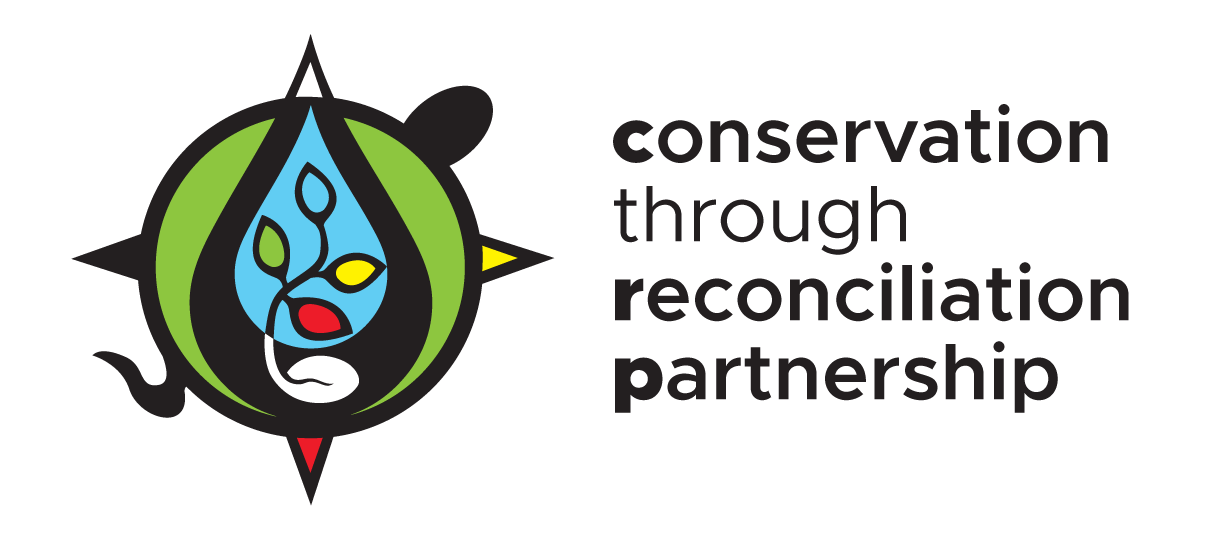Context
Around the world, Canada included, colonial governments have created protected areas to extend their authority and control of resources while alienating and displacing communities from their traditional territories. European settlers held the notion that lands were only protected in the absence of any human impact; an idea that conflicted with Indigenous relationships and responsibilities with the lands and waters.
However, the global conservation community has demonstrated a growing commitment to re-centre Indigenous rights, knowledge systems, and laws in environmental conservation. In Canada, this shift is exemplified by the work of the Indigenous Circle of Experts (ICE) who delivered their landmark report with 28 recommendations for creating and expanding Indigenous Protected and Conserved Areas (IPCAs) in the spirit of reconciliation, as well as revitalizing relationships between the Crown and Indigenous governments in existing protected areas.
The ICE report, entitled We Rise Together, provides a blueprint for Canada to meet its international protected area targets of 17 percent of terrestrial and 10 percent of coastal and marine areas by December 2020. In June 2021, this target was updated through a Nature Compact approved by G7 nations, including Canada, to protect at least 30 percent of land and ocean by 2030. In December 2022, this goal was reinforced in the Kunming-Montréal Global Biodiversity Framework agreement.
To achieve this goal, a fundamental shift is needed from colonial conservation strategies to approaches rooted in Indigenous knowledge systems, laws, and relationships.
The Conservation through Reconciliation Partnership was created in 2019 to support this work.
“Our lands, waters and territories provide important habitat for most of the wildlife in Canada - from orcas to old growth forests and our traditional knowledge systems are critical if conservation is to succeed in Canada.”
About the CRP
The Conservation through Reconciliation Partnership launched in May 2019 to create an Indigenous-led network of Indigenous and non-Indigenous leaders, organizations, students, scholars, and conservation practitioners to act on the ICE recommendations and support the Indigenous-led conservation movement across Canada.
At its peak, the CRP was animated by a collective of over 30 organizations and 300 individuals from coast-to-coast-to-coast. The CRP supported co-learning and knowledge exchange, networking, and relationship-building, helping to meet the research needs of Indigenous Nations and organizations. It also trained and mentored students and postdoctoral fellows, and co-created numerous free and publicly available resources to support the Indigenous-led conservation movement.
The strategic and intellectual direction for the partnership was guided by a Leadership Circle comprising five Indigenous thought leaders and two university-based academics. This approach helped to ensure the partnership was led by Indigenous experts while practicing reconciliation through the inclusion of non-Indigenous voices in decision-making processes.
The CRP was co-hosted by the IISAAK OLAM Foundation, the Indigenous Leadership Initiative, and the University of Guelph. In collaboration with other members of the CRP Leadership Circle, the IISAAK OLAM Foundation and the Indigenous Leadership Initiative provided strategic guidance and identified opportunities to support Indigenous-led conservation in Canada and beyond. The University of Guelph coordinated research, administration, and knowledge mobilization activities.
The CRP was guided by Two-Eyed Seeing and Ethical Space. Together, these frameworks helped ensure that Indigenous and non-Indigenous knowledge systems were recognized, respected, and braided throughout partnership activities.
The Partnership was funded in part through a Social Sciences and Humanities Research Council Partnership Grant.
Learn more
Curious about how the Conservation through Reconciliation Partnership was designed, governed, and the lessons that emerged?
We have created a plain language summary based on the following academic paper written by members of the Conservation through Reconciliation Partnership’s leadership:
Bishop, A., Roth, R., McGregor, D., Moola, F., & Nitah, S. (2025). Catalysing Transformative Change in Conservation: Lessons Learned From a Decolonial Conservation Partnership. Conservation and Society, 23(1), 24–36. https://doi.org/10.4103/cs.cs _ 9 _ 24



